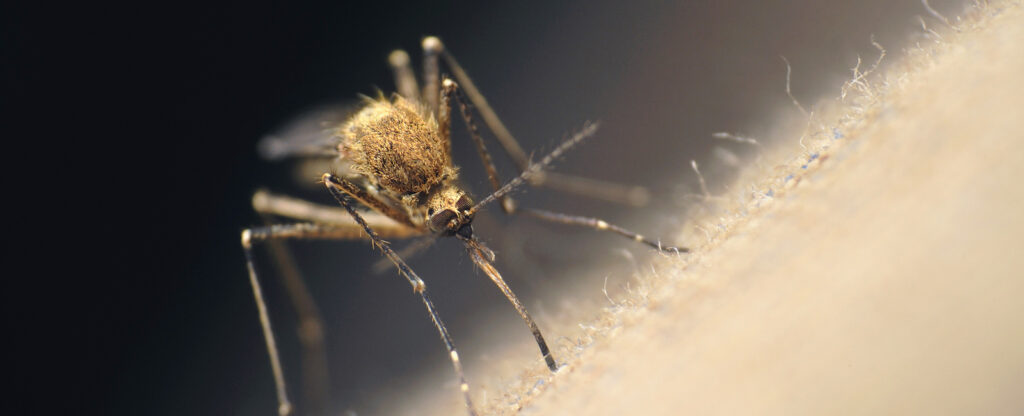
Niagara Region Public Health has received its first report of a laboratory-confirmed case of West Nile Virus
infection for 2021.
Although most people infected with West Nile Virus do not get sick, 20 per cent of people suffer flu-like symptoms and fatigue, and one per cent suffer serious infections of the brain such as meningitis. Fever, severe headache, body aches, neck stiffness, confusion, weakness, tremors and sudden sensitivity to light are the most common symptoms of severe infection. Anyone suffering these should see a physician.
Flu-like symptoms may be COVID-19, but if someone tests negative for COVID-19 and has recently received
mosquito bites, West Nile Virus could be a possibility.
To prevent mosquito bites and reduce the risk of being exposed to West Nile Virus, Public Health advises the following:
• Drain standing water around the home where mosquitoes may breed (e.g., bird baths, plant saucers, tires, toys, pails and wheel barrows);
• Repair damaged doors and window screens;
• Avoid mosquito-infested areas, such as storm sewers;
• Wear long-sleeved shirts, hats, long pants, socks and shoes that cover the feet. This is particularly important at dawn and in the evenings when mosquitoes are most active; and
• Use insect repellants containing Deet or Icaridin. Always follow the manufacturer’s instructions.
If someone has the above symptoms, testing for COVID-19 is advised first. If the test is negative, symptoms are not improving and they have had multiple mosquito bites, then they should see their health care provider or call Public Health at 905-688-8248 or 1-888-505-6074, ext. 7590.

